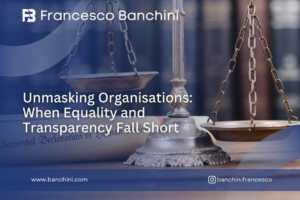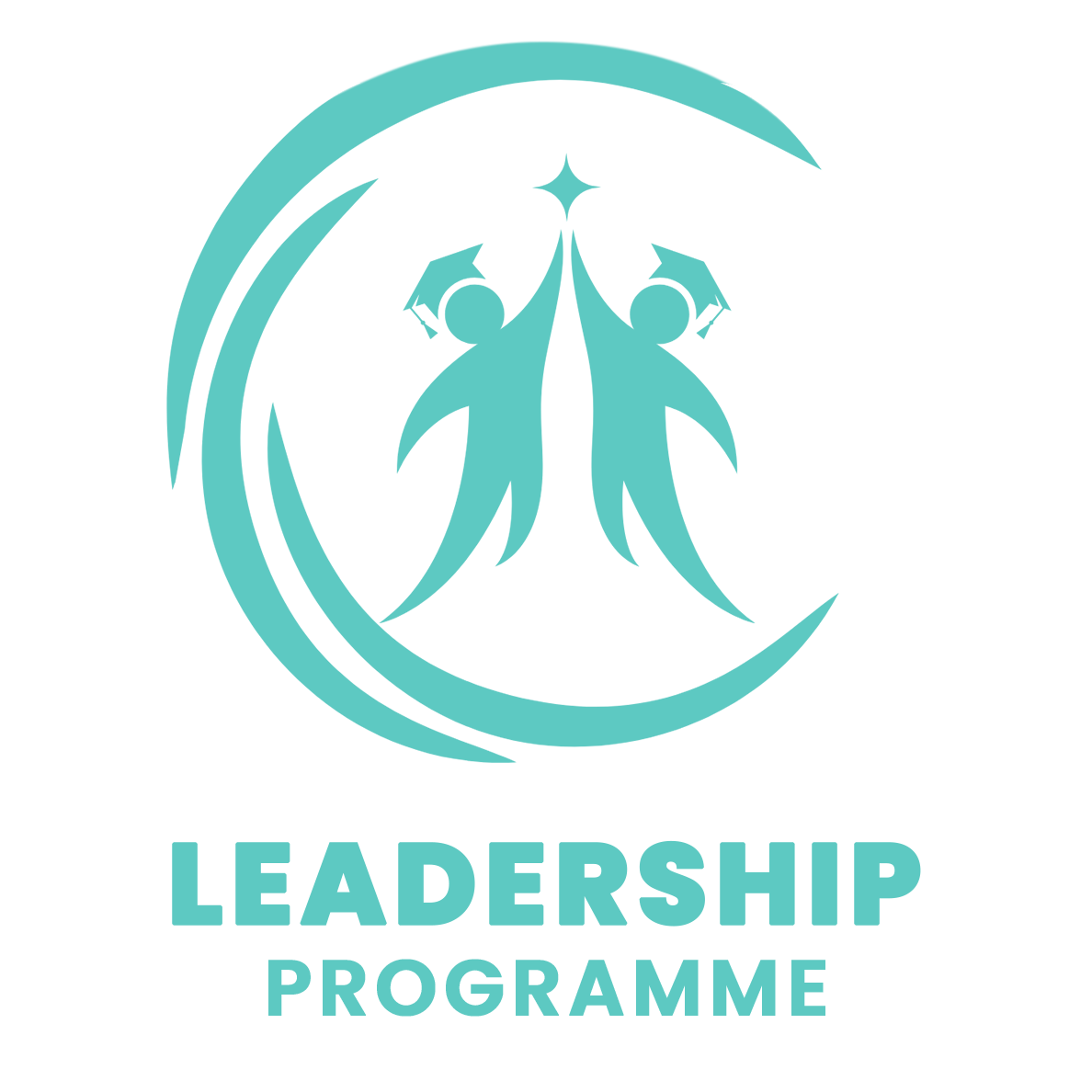The development of discourses of discipline in education
Foucault and his ideas have been used by many different writers who wish to examine the role of discipline in our education systems and our schools (Popkewitz et al., 1998). Schools have been described as learning communities, as small-scale societies, and as such much of what Foucault said about societies can be transferred to the educational setting. This makes the school’s role of disciplining students legitimised; just as society has a right to punish criminals, teachers have a right to punish students. This led to language which associated school discipline with a court of law; that teachers could pass judgement and sentence on students, having weighed up evidence. (Qvarsebo, 2018).
The approach of teachers working with children with Special Educational Needs (SEN) was seen as these students needing to be ‘fixed’, an approach which does recall Foucault’s ideas about non-conformity and the marginalisation of the ‘other’ (Allan, 1999, p71). The same can be said of the approach to students with challenging behaviour, where punishment was regarded as restorative (Gradin Franzén, 2015). The role of education was viewed as therapeutic to normalise students out of being marginal and into the body of commonality (Deacon, 2002).
The work of Foucault, based on the nature of humans as reflective and self-forming individuals with the possibility to transform, has formed our view of both students and teachers as ‘creative agents, capable of voluntary and intentional counter-practices’ (Leask, 2011, p67). Ball (2017, p80) refers to ‘ethical learners with a healthy suspicion of the present, while at the same time being able to acknowledge their own fallibility and to set themselves over and against the prevailing framework of modern education with its carceral forms, its assertion of fixed truths and the production of disposition through a hidden, or more recently not so hidden, curriculum organized around enterprise and character’.
It is important to highlight the nature of the learner as reflective and critical, not only of the system and of others, but of themselves. Zembylas (2015) refers to this as the ‘pedagogy of discomfort’ building on Foucault’s idea of the ‘ethic of discomfort’, whereby, embracing the vulnerability of oneself, one also accepts one’s dependability on others. Gordon (1986, p74) goes further and states that pedagogy then becomes a commitment to uncertainty and destabilising truth, rather than learning it.
The development of the role of pastoral care in education is regarded as developing the whole person and essential within a discourse which supports the development of the self as a critical, responsible and responsive being. However, just as Foucault described the notion of liberation as the process of becoming subjected to the shared values of the society, then the ideals strived for in pastoral care, are also chosen for young people by others and any notion that we are dealing with a historical or acultural value is unfounded (McCuaig, 2012, p872). In fact, Caughlan (2005) develops this, saying that our aim is to produce beings who achieve economic salvation, and are prepared for the servitude of employability.
Tag:education





